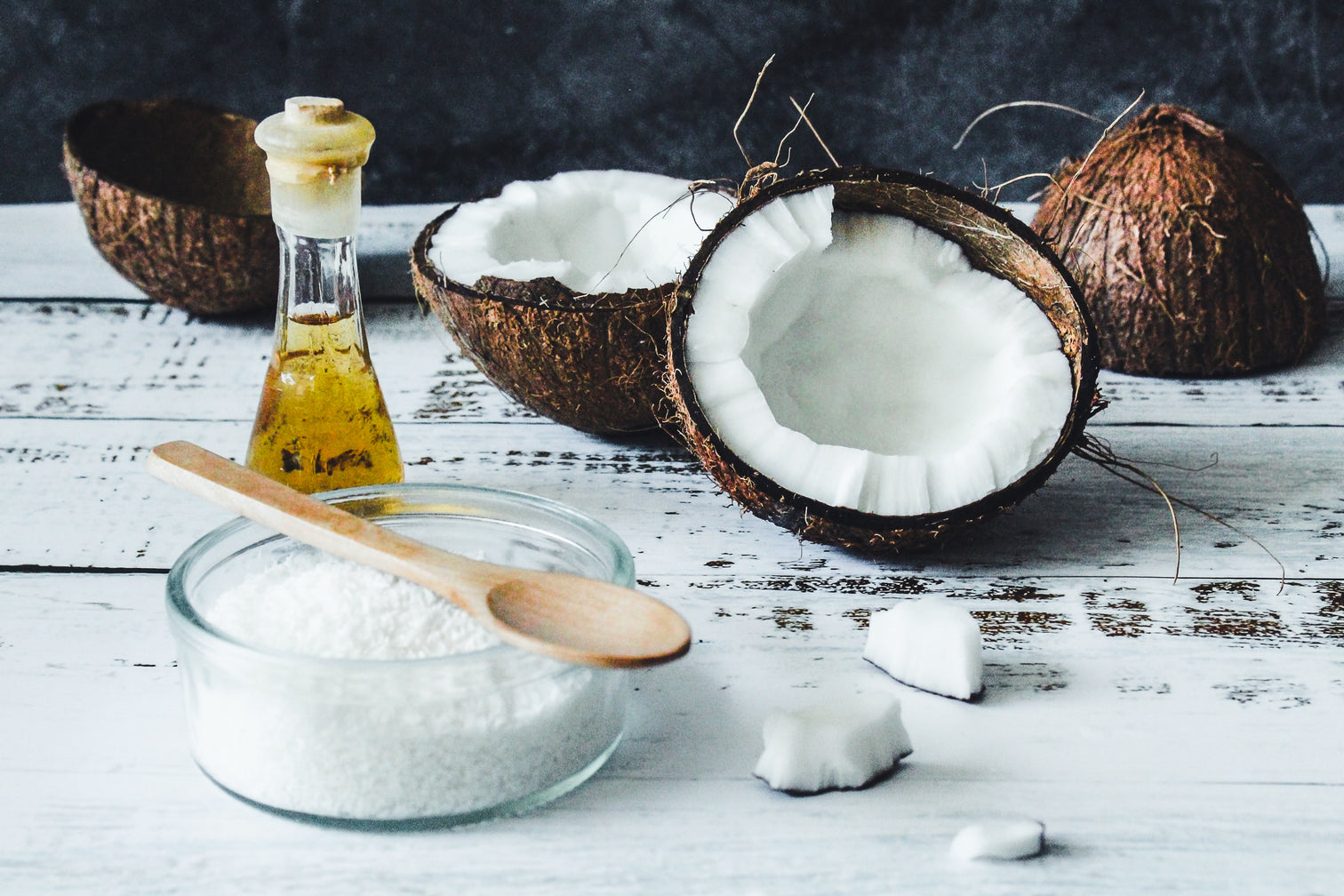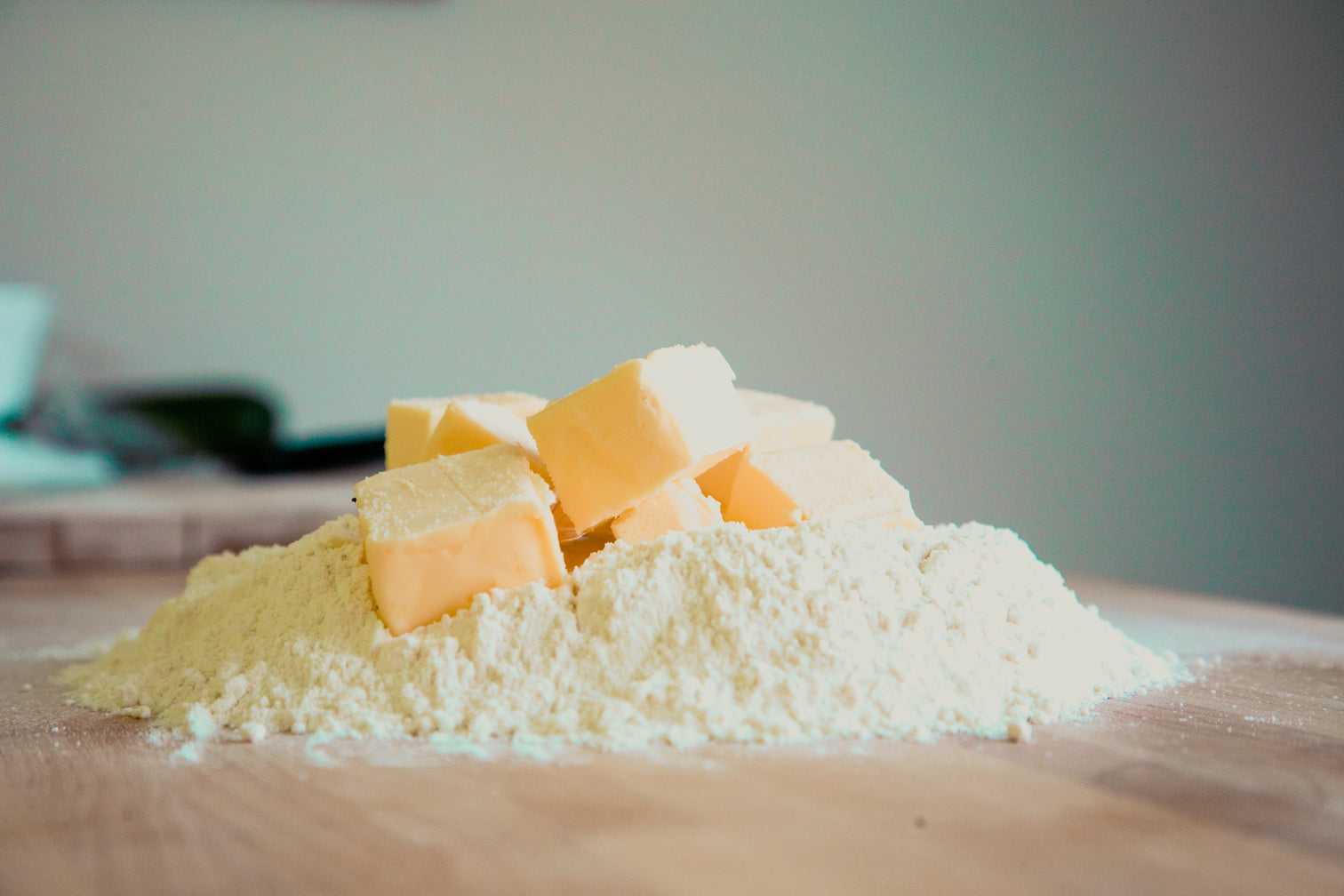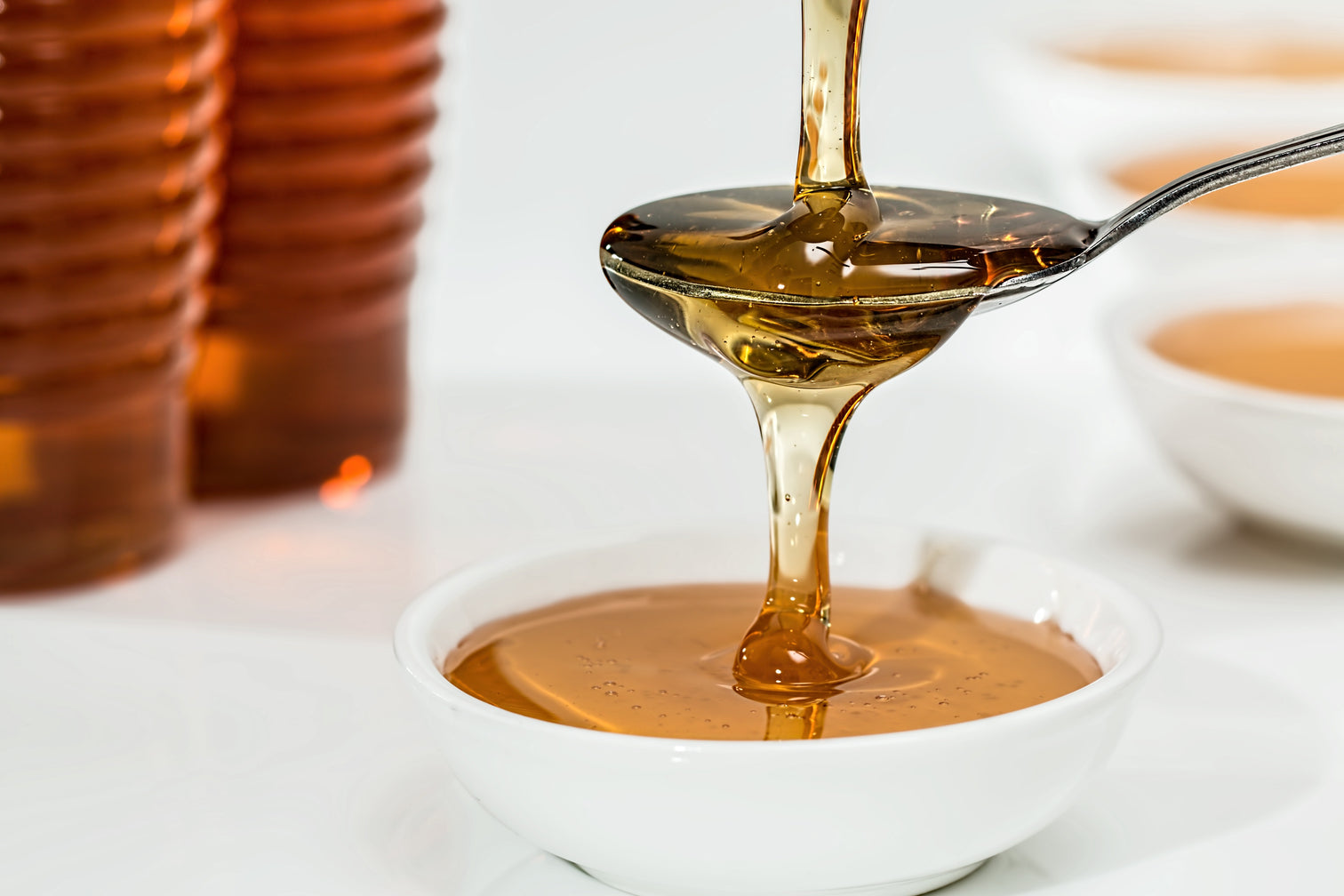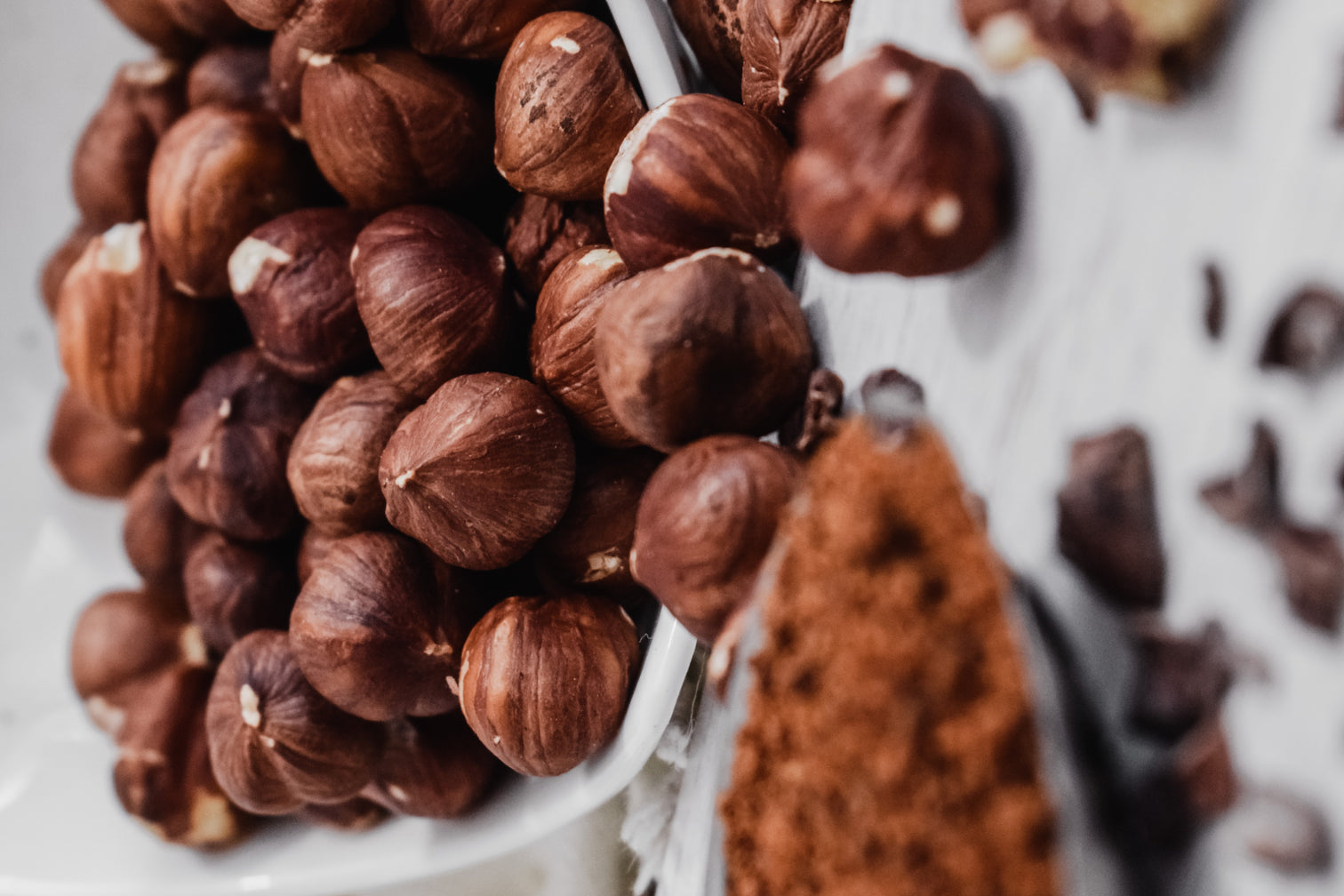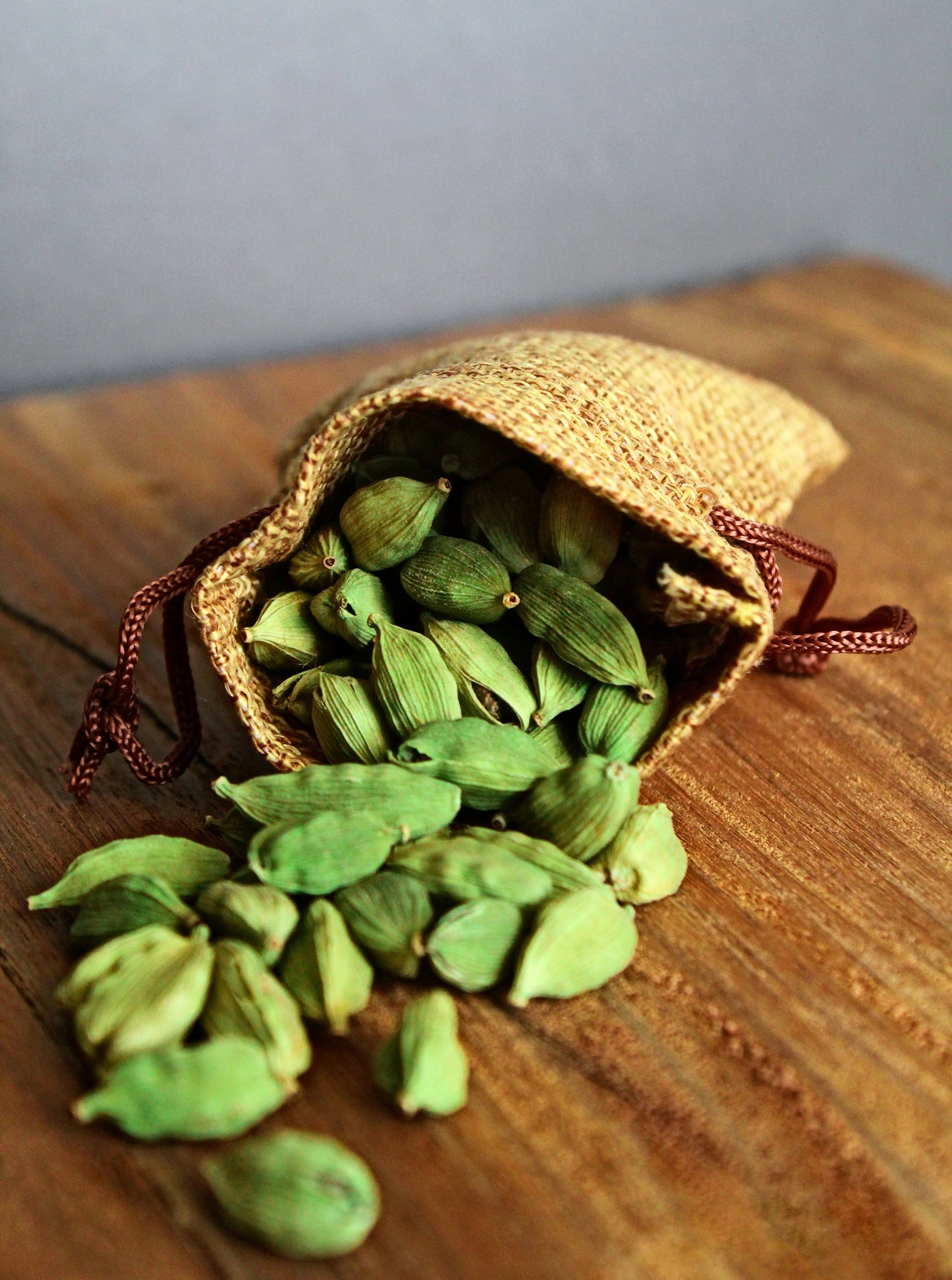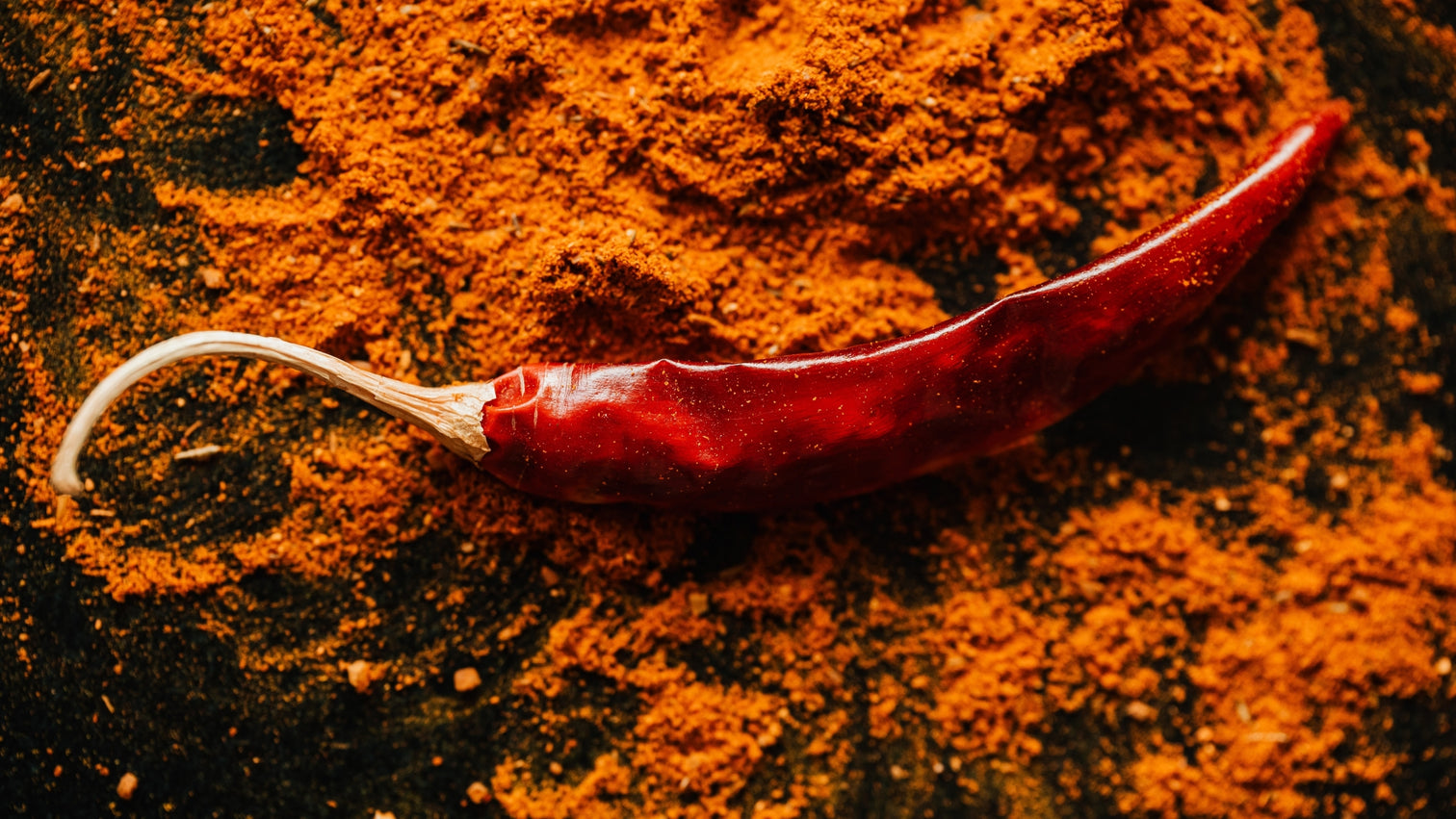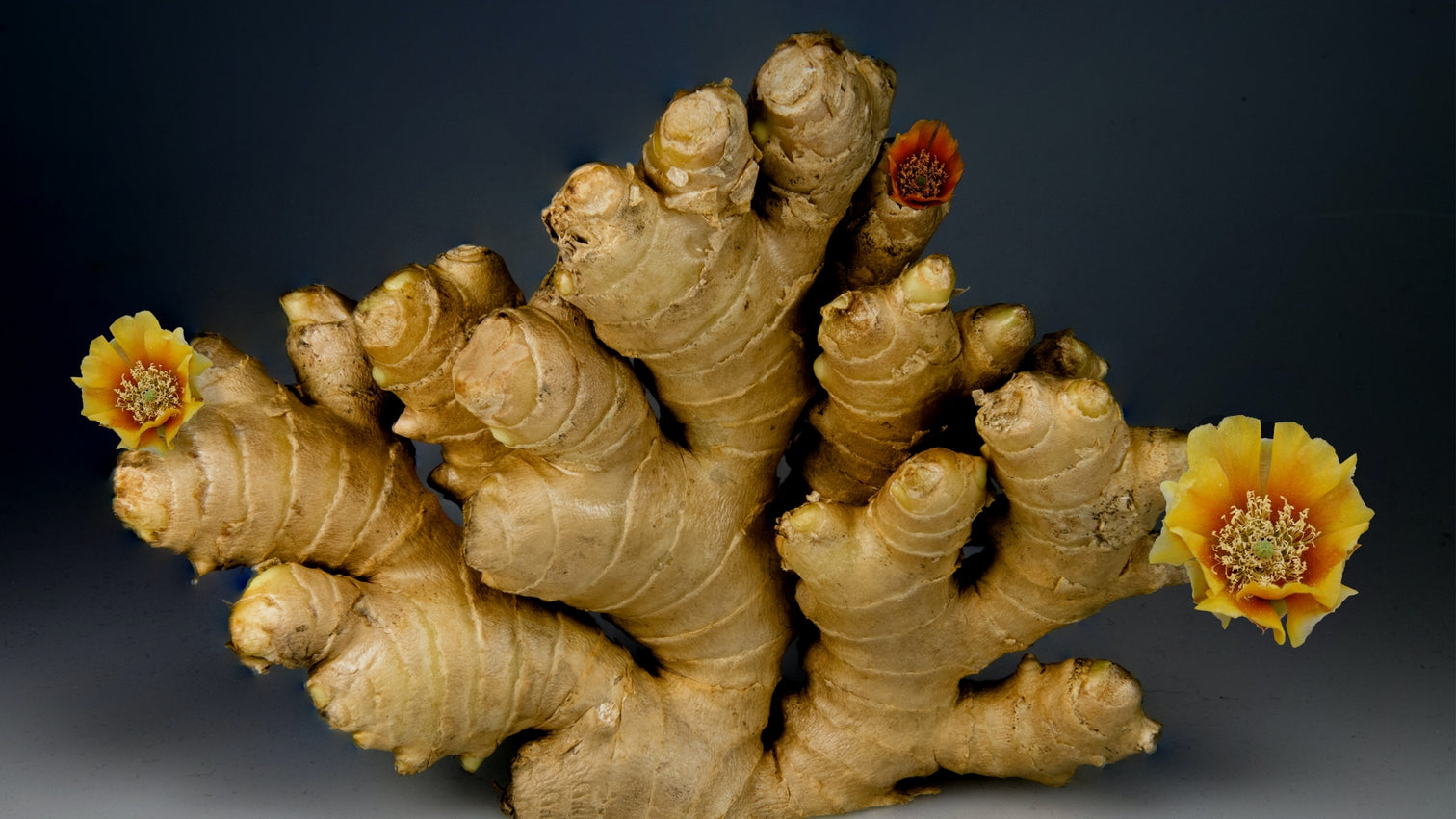1. Coconut Oil
Coconut oil is the most popular oil for adding to coffee as it has a sweet, nutty, and tropical flavor.
Coconut oil can help you weight loss,makes you feel fuller for longer and Improves metabolism and helps you stay in the ketosis stage.
2. Butter
First popularized by Bulletproof, adding butter to coffee is a growing trend, particularly for those following the keto or intermittent fasting diets. The key is to use high-quality grass-fed unsalted butter or ghee.
Blend it into your coffee with coconut oil for a creamy treat that will curb your appetite and has been proven to prevent the post-caffeine crash .
3. Honey
If you like your drink sweet, natural honey in coffee is a great idea, as it provides more nutrients than refined sugar, including antioxidants, minerals, and vitamins . It’s also known to soothe the throat, so a warm honey-sweetened brew is a perfect cold remedy.
4.Cocoa Powder
Chocolate has long been beloved for its rich flavors, but research is increasingly revealing its healthy properties (4). Cocoa powder is full of antioxidants, even more so than red wine or green tea. Thus, it lowers your blood pressure.
If you want to add a little to your diet, try whipping up the traditional Italian drink, Barbajada.
5. Melted Chocolate
Chocolate and coffee is an age-old flavor combination, dating back to the Mayans of 2000 B.C. Each enhances the other, and adding rich, melted chocolate to your coffee is a decadent experience.
You can also reap some health benefits from your homemade mocha if you opt for dark chocolate. This includes decreased blood pressure as well .
6. Alcohol
Use this text to share information about your store with your customers.
Describe products, share announcements, or welcome customers to your store.
While alcohol might not be the healthiest addition to your coffee, it is an undoubtedly festive and delicious choice, perfect for a warming winter treat—spike your morning brew with a creamy choice like Bailey’s.
Add a sweet liqueur, like Frangelico or Amaretto, to an after-dinner aperitif, or opt for the classic whiskey-based Irish coffee.
7. Hazelnut
For thousands of years, the hazelnut has been a treasured ingredient around the world,thanks to its inherent buttery sweetness.
If you don’t want to buy chemical-ridden flavored coffee, adding a bit of hazelnut oil to your brew or grinding your coffee beans with hazelnuts is an excellent alternative contributing healthy fats to your diet.
Blended rich, nutty hazelnut flavor with coffee to create the a distinctively sweet, heartwarming cup.
8. Cardamom
Cardamom popular across the Middle East and India, has a strong, sweet, pungent flavor and aroma, with hints of lemon and mint. Black cardamom has a smoky note and a cooling menthol one as well. It’s rich in antioxidants, and evidence has shown it may fight cancer, lower inflammation, and aid in digestion.
Cooking With Cardamom
You can use powdered cardamom added directly to coffee that call for ground cardamom, but you will get more flavor by starting with the pods. Toast green cardamom pods in a dry skillet for a few minutes. Let them cool for a minute and then remove the seeds from the pods. Save the pods to use for adding to coffee for flavor. Grind the seeds in a mortar and pestle for best results, or you can use a motorized spice grinder (like a coffee grinder).
If you are using green cardamom for hot drinks such as coffee, simply grind three to four cardamom seeds along with your coffee beans and pour your hot water over as usual. Some traditions grind the whole pod, but it's fine to use the seeds only.
9. Cayenne Pepper
Cayenne may surprise you like a coffee flavoring. It is common in many Central American and Middle Eastern countries, where they often add it along with milk, sugar, or chocolate. Like all hot peppers, it is high in antioxidants, boosts metabolism, and is suitable for blood circulation .
So try a Mexican mocha, or cayenne cold brew today.
10. Ginger
Ginger has a long history as a medicinal plant, treating everything from colds to cancer, with modern research focusing on its antioxidant, anti-inflammatory, antinausea, and anticancer properties. It has an equally long history as a coffee addition, as in the traditional Yemeni drink, Qishr, to which it adds its characteristic spicy flavor.
11. Lavender
Lavender’s flavor profile is floral and sweet, with notes of herbal and earthy tones, making it an exciting partner for coffee. It is popularly used for its soothing effects, to aid in pain management and promote uninterrupted sleep.
Try lulling yourself with a warm lavender latte, but opt for decaf to take advantage of its calming influence.

